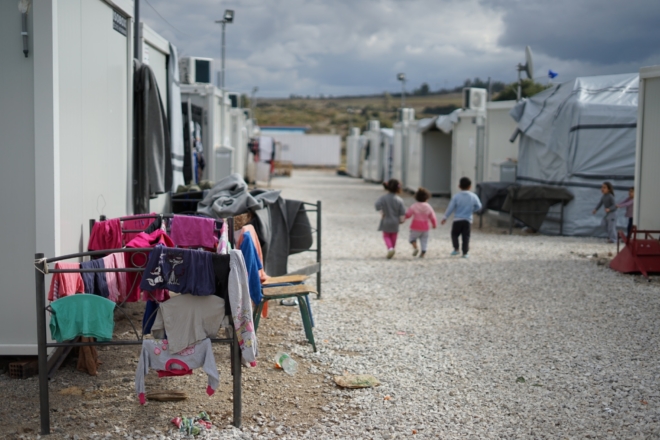0
This reflection by Sister Karin Dufault, SP, is used with permission. It appeared in their congregation’s newsletter. It has been adapted for WPC use in this blog. Thank you, Sr. Karin for allowing me to share it with others in the broader WPC congregations.
“Following in the footsteps of Jesus, Providence foundresses and leaders and many that followed, demonstrated for us that God’s Providence has no borders and that frontiers are to be crossed in generous, compassionate service of God’s people.
What do you think of when you hear: God’s Providence has no borders? What borders that separate people come to mind for you: geographical, ideological, linguistic, religious, cultural, political, social, generational, etc? As we seek to reflect God’s Providence without borders, what transformations are needed in us personally and in our Congregations?
More than ever, we see our society divided in so many ways with virtual and real border walls growing taller and taller. And we ponder: “What is the world asking or needing of us as women religious today?” Might it be “to proclaim Providence as God’s loving presence” with no borders? What difference would it make if, as a congregation, we thought of ourselves as having no borders? What difference would it make if our society and world thought of itself as having no borders? Having no borders does not mean eliminating differences, but rather welcoming and respecting differences and being enriched by them. It is a mindset and a “heart-set” with the profound sense that we are all related to one another as God’s children, interconnected, one in our human and divine nature and interdependent with each other and all creation. The coronavirus pandemic has taught us many things and among them is the fact that this invisible virus crossed every border and no country, no race, no color nor creed was exempt from its global effect.
We read about the miserable plight of immigrants and refugees detained at borders in subhuman conditions seeking to escape violence, war and climate change that has made living conditions intolerable. Desperate parents seek safety for their children and cry out to have their basic human needs met. Yet with all the sacrifices and extreme hardships made to reach the border, they are turned away in the name of immigration law. The current situation of Haitian refugees in the United States is one example. We know that Providence has no borders. But what does Providence teach us about borders? Pope Francis devoted a sub chapter of his encyclical Frattelli Tutti to “Borders and Their Limits” (129). He acknowledges the complex challenges of immigrants and refugees and provides guidance and steps for meaningful action. “Our response to the arrival of migrating persons can be summarized by four words: welcome, protect, promote and integrate. For it is …. undertaking a journey together, through these four actions, in order to build cities and countries that, while preserving their respective cultural and religious identity, are open to differences and know how to promote them in the spirit of human fraternity.” Examples of actions that he suggests are increasing and simplifying the granting of visas; adopting programs of individual and community sponsorship; opening humanitarian corridors for the most vulnerable refugees; providing suitable and dignified housing; guaranteeing personal security and access to basic services and providing local communities for the process of integration.
Both in the past and in recent years, many of our Providence women have been engaged in welcoming and assisting in the integration of refugees. Your names and the memories are held dear in the hearts and mind of these refugees and immigrants. Recently, some of our WPC Sisters also were a loving, serving presence for a while at the borders.
We, Women of Providence, compelled by the Love of Christ and grounded in the spirit of our Foundresses, are called to journey together without borders in prayer, contemplative listening, dialogue and discernment, to respond to emerging needs as a transformed and transforming presence, open to risks with flexibility and transparency .
Taking time to engaging in contemplative listening and dialogue in local communities on the topic of Providence has no border is timely. Providence is with us and working through us. Providence is moving us beyond borders, helping us with moral imagination to respond to the signs of our times and the emerging realities in our world and community. May this reflection stimulate dreams, deepen conversations, and open minds and hearts to creatively imagine and explore ways that together we make visible “Providence who has no borders.”
What borders came to mind as you read this reflection?
What transformation is needed within me personally at this time to cross borders?
What transformations are needed within my congregation to cross borders now?
Barbara McMullen, CDP
Related Stories



